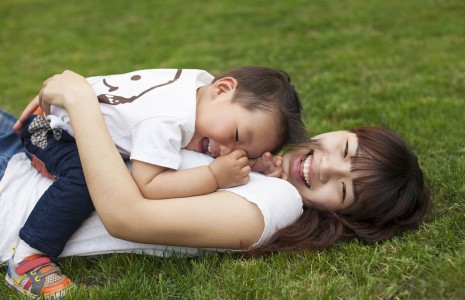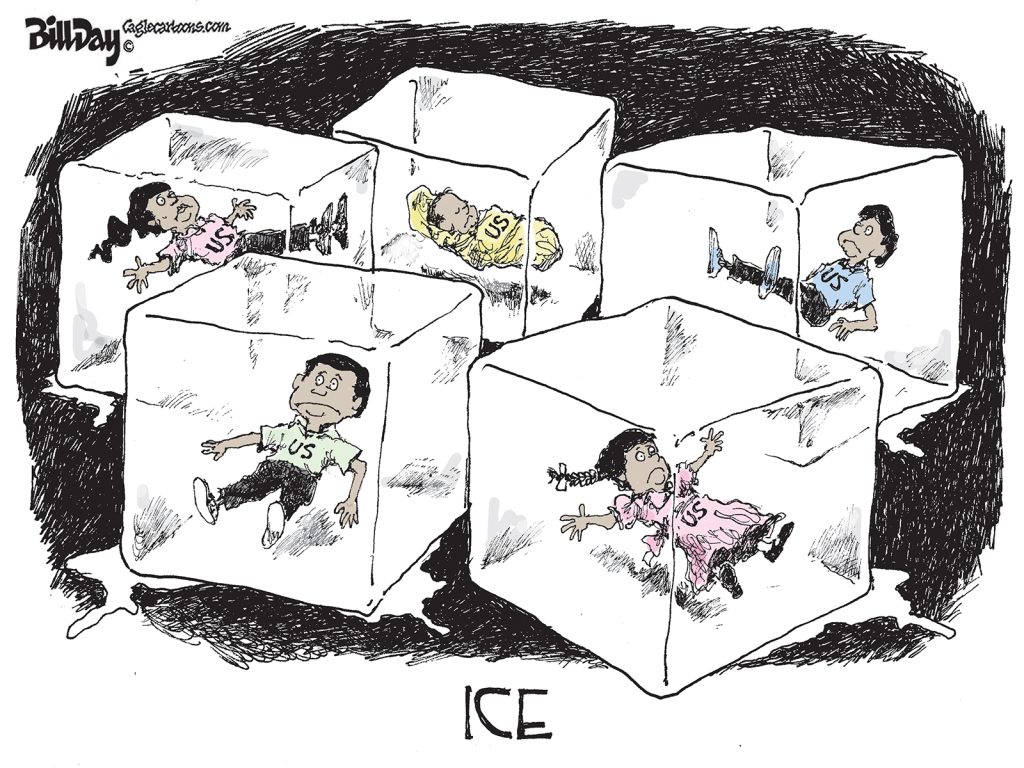From The Urban Child Institute‘s Perceptions Commentaries:

Memphis is no stranger to public debate about youth violence. Yet the number of juveniles being tried as adults for major crimes continues to grow, gang membership continues to climb, and the juvenile justice system is handling record numbers of cases.
As a result, most discussions have focused on teenagers. But if our community really wants to have an impact on juvenile crime and delinquency, we have to aim many years earlier. Improving home environments for children costs less than building out prisons.
Early childhood sets the course for the future.
The social and emotional development of our youngest children can have lifelong effects. The most important support that children can receive is nurturing, caring, positive parenting. Children with higher levels of support and encouragement are better prepared to enter school and are at lower risk for behavioral problems later in life.
Young children learn within the context of a relationship, so these early bonds are crucial. A strong social and emotional foundation helps a child develop empathy, become confident and secure, and relate well with others. These skills promote academic achievement and increase their chances of graduating from high school.
Young children who grow up in stressful environments tend to have more difficulty transitioning to kindergarten. They are more likely to have difficulty concentrating, following directions, and facing challenges effectively. Too often, these trends continue into adolescence and adulthood.
Research by Nobel Prize-winning economist James Heckman concludes that the best way to ensure positive life outcomes is to invest in the first five years of life. For example, early childhood interventions like the home-based Nurse-Family Partnership can do more to break the cycle of poverty than programs that begin later, after problems have already developed. It’s less expensive to improve home environments than to maintain prison cells.
A brighter future for our community begins with our youngest children.
To help our children become well-adjusted, successful citizens, there’s no substitute for effective parenting. But many families are struggling with poverty, maternal depression, family conflict, and other sources of toxic stress. It’s in our enlightened self-interest to roll up our sleeves and join hands to make sure every child in our community as a fair start in life.
As Mayor Luttrell said at a recent youth violence summit, “Government does not have all the answers. We’re not going to ask our citizens to strap on a gun and get out there and police the streets, but we are asking our citizens to get out in the streets and intervene in the lives of young men and women through our faith communities, schools, neighborhood associations, and try to make a difference.”
It’s a challenge that should resonate with anyone who cares about the future of Memphis and Shelby County. If we want to reduce poverty and youth crime, we need to support young children and their families with policies and programs that prevent risks from becoming reality.
To sign up for Perceptions and other informative emails from The Urban Child Institute, go to its home page and type your email address in the sign-up box.



